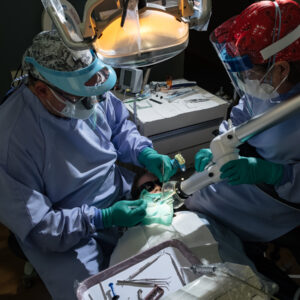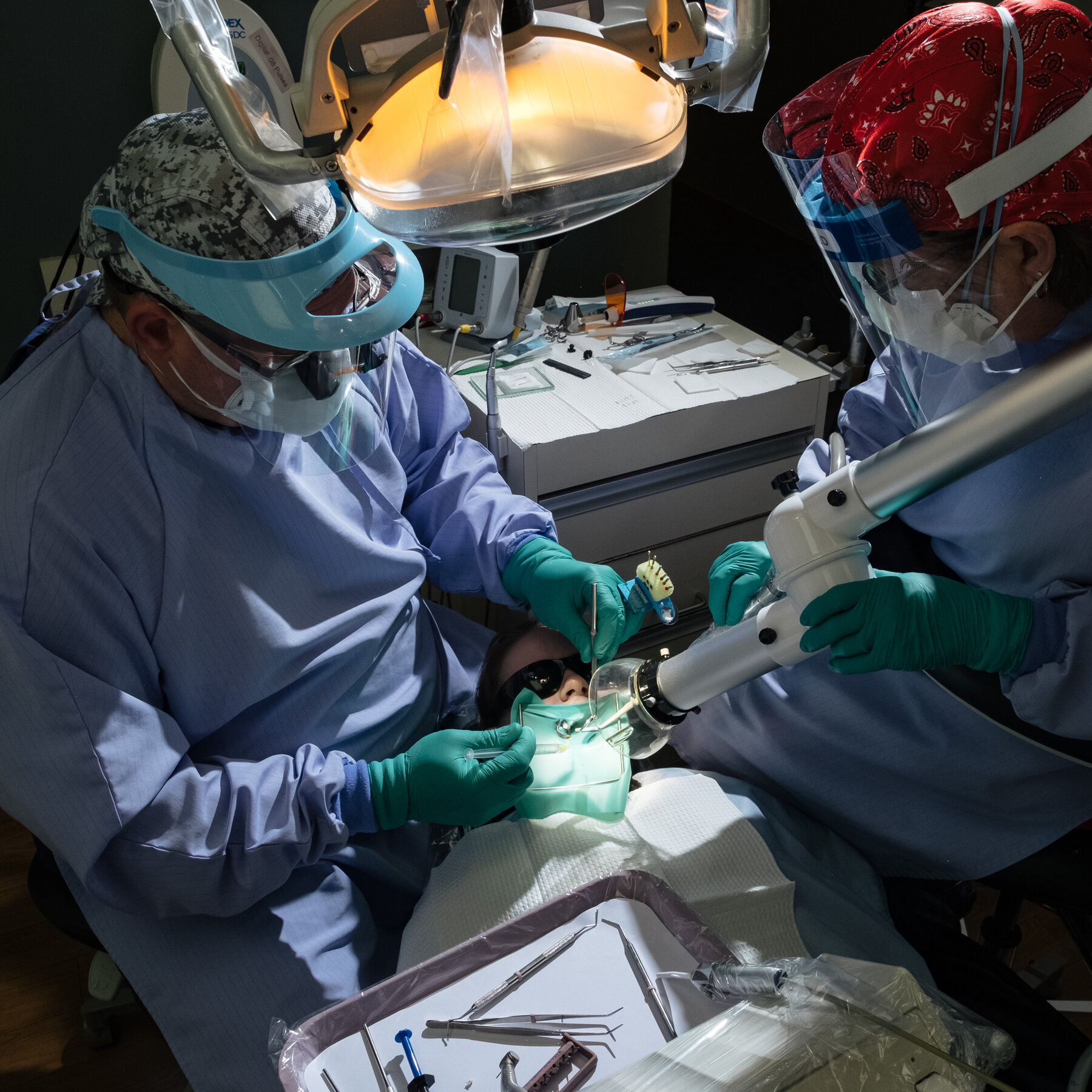Dentistry is a branch of medicine focused on teeth, gums, and the mouth. It deals with the study, prevention, diagnosis, and treatment of diseases of the mouth and teeth. The primary focus is on dentition, which is also known as the teeth and the oral mucosa. Here are some common careers within dentistry.
Dental education is an essential component of dentistry. It ensures that students have the knowledge and skills to provide optimal dental care. To achieve this, the program must include a comprehensive curriculum and sound clinical training based on scientific and humanitarian principles. Furthermore, the program should incorporate the role and scope of the profession, as well as the relationship between oral health and general health.
In addition to a basic knowledge of the field, dental students also receive specialized training. For example, they are trained to identify and treat diseases in children. Moreover, they must also take a course in infection control and work practice controls. In addition, they must have knowledge of HBV. After finishing their dental school education, graduates are eligible for licensure.
Universities can also demonstrate their commitment to dental education by elevating the status of dental teachers and providing sufficient remuneration. They should also not retain practitioners who are “uninstructive” in their teaching and subordinate their teaching responsibilities to their practice. In addition, endowments are useful tools to show commitment to the field of dentistry, as they dissuade schools from dropping programs.
The federal government supports dentistry education in several ways. Federal support is provided through the Health Resources & Services Administration (HRSA) grant program, which funds postgraduate training in dental hospitals. In addition, the state governments often provide financial assistance to public institutions. In recent years, the cost of education has risen, and tuition rates have kept pace.
Dental schools are tertiary education institutions that train prospective dentists and dental auxiliary personnel in the field of dentistry. Students enrolled in dental schools learn about the science of dentistry, the dental profession, and its practice. They also learn about dental health and patient care. Dental schools have a variety of different programs that can be tailored to meet the individual needs of students.
Students in dental schools learn about dentistry through regular classroom lectures and practical training. They also receive training from certified dentists. The schools also work closely with health centers in the community to provide students with real-world medical experience. Moreover, they learn how to communicate effectively with patients. Many dental schools also promote multiculturalism, ensuring that they provide a diverse community of future dentists.
To gain acceptance to dental schools, students must complete at least 90 undergraduate credits. However, the more courses a student completes, the stronger their application will be. It is highly recommended that students have a minimum GPA of 3.3 in science and mathematics. Additionally, applicants must also have a pre-health Advisory Committee letter from Hunter College, which demonstrates that they understand the nature of the profession.
The College of Dentistry has 735 faculty members, including researchers and clinicians. These faculty members have pioneered groundbreaking work in dentistry and related sciences. Clinical oral care is a major focus of the College of Dentistry. Its diverse faculty also includes internationally renowned leaders in research. Its students are provided with the skills to become leaders in the field of dentistry.
Dental schools teach students how to care for diverse populations, and they often work in hospitals or clinics under the supervision of clinical instructors. They also work in collaboration with other healthcare providers. These interactions help them understand the importance of teamwork in the delivery of health care. Dental schools also constantly adapt their curriculum to meet the needs of the population, but the basic outline of the curriculum remains the same. The profession of dentistry is challenging and requires persistence, honesty, and humility.
If you are looking for a better career, you might want to think about dental specializations. There are currently nine specialties recognized by the Dental Association. Each of them requires additional training. The Dental Association also has specific requirements for a particular specialization. Choosing a specialization that is suitable for you is crucial for your career. Once you have decided on your specialization, you can focus on furthering your education and advancing your career.

